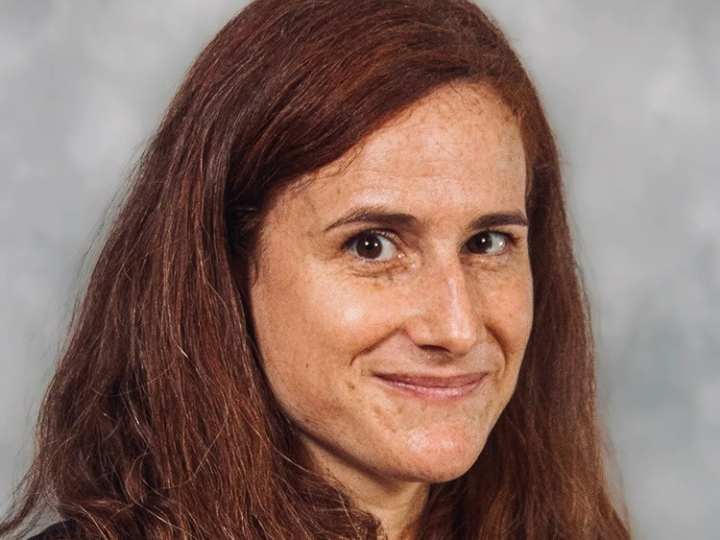

News headlines such as “Why More Women Are Choosing to Stay Single Now,” “Craving Freedom, Japan’s Women Opt Out of Marriage,” “Nearly Half of Canadians Feel ‘Marriage is Simply Not Necessary,’” and “Chileans are Marrying Less and Later,” would make it seem marriage is at a risk of survival all over the world.
The numbers back up that assertion. In the United States, the median age of first marriage has risen from a 1956 low of 20.1 for women and 22.5 for men to 27.1 for women and 29.2 for men in 2016. The trend is global, too. Currently, 89% of the world’s population lives in a country with falling marriage rates.
Dinah Hannaford, associate professor of anthropology at the University of Houston, and her colleagues in anthropology were unsatisfied with the journalistic accounts and books on the matter, many of which focused on the U.S., and desired to dig deeper into this issue in the best way they knew how: through ethnographic accounts from women across the globe. This meant documenting the lives and marriages of women over the course of several years, and in many cases, decades.
“We as anthropologists have more context and history of the culture to see what this is all about. We can connect these stories to bigger trends and changes in societies in these countries,” said Hannaford, co-editor of the new book “Opting Out: Women Messing with Marriage around the World.”
The researchers identified several reasons why more and more women are choosing not to get married including infidelity, increasing career opportunities and independence, and finding more security living with their parents and siblings.
“Marriage has mostly not been a great situation for women historically and across the world, and they’re trying to find alternative solutions. As new opportunities open up for women to be full people without it, they’re opting for that,” Hannaford said.
Barbadian Women Refusing to Remarry
Among the women studied were those in the small eastern Caribbean country of Barbados who chose not to remarry following their divorces, despite societal pressure and their peers’ high view of marriage. For years, anthropologist Carla Freeman studied Black families, who make up the racial majority in the country. Those families are mostly matrifocal, meaning the mother is the head of the household, and many of those mothers are unwed.
White women in Barbados live in a paradigm where they are seen as "both the symbols and guardians of the powerful and elusive value complex of respectability” in the country. Most white women are assumed to be married.
Freeman followed three white Barbadian women for decades, some since they were young newlyweds. Each of their marriages ended in divorce. For two of the women, their divorces were due in part to infidelity.
Lilliana, one of the women, said, “I am seeing more women, professional women, that are choosing to be single, because they are finding that it’s so difficult to have faithful partners or people that are their intellectual equal.... As women become more empowered and work, they don’t have to put up with [the outside women and children].”
The women come to find purpose and meaning through their children, extended family, hobbies, business and social justice causes. Although their feelings vacillate from loneliness to frustration, they remain steadfast in their decision not to remarry. Freeman writes, “the economic vulnerability they face with divorce, along with the loneliness and social marginality they sometimes feel, sharpens their reliance upon and appreciation for their extended networks of kin and female friends.”
Interestingly, these women come to reflect the independence and matrifocality of their Black counterparts.
Women Find Emotional Support through Friendship and Family
The work examines women who never married at all, those who divorced or became widowed and did not want to remarry, and women within a marriage who worked to make the institution a more rewarding enterprise for both parties. For example, strategically marrying husbands who spend most of their time abroad for work so that women have the respectability of being married but avoid the day-to-day obligations of having a husband.
“Anthropologists are so focused on lineage and marriage, we don’t think about how friendship plays a really important role in everyone’s lives,” Hannaford said.
She and her team also found strong ties to women’s natal families. In many of the societies they studied, when women had the option of staying with their own family rather than move in with a husband, they preferred staying because they trusted their family never to abandon, cheat or swindle them.
Hannaford clarifies that the work does not praise women for opting out of marriage, instead it’s “an invitation to think about what we missed as anthropologists by being so focused on marriage as the norm and good and natural outcome.”